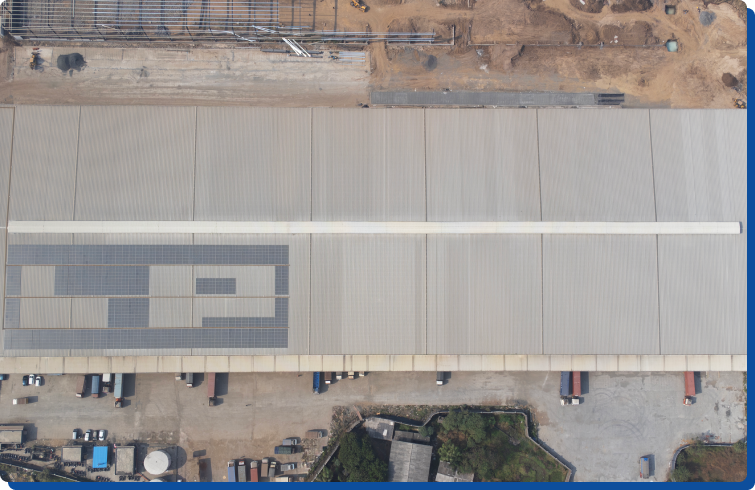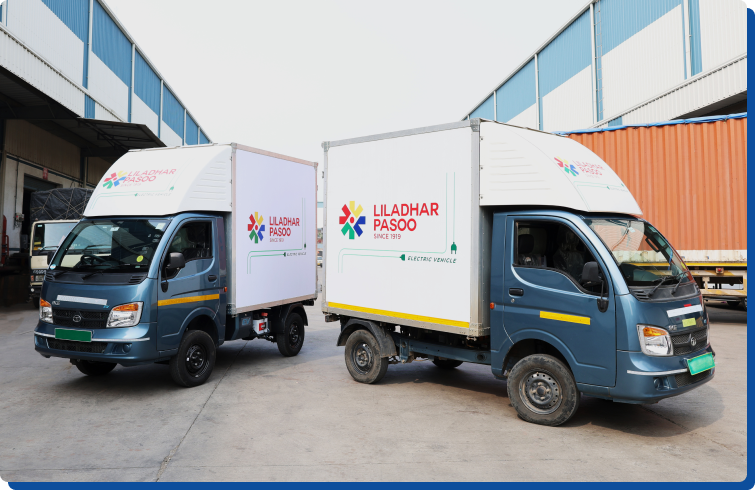Green Logistics
As concerns over environmental impact grow, LP Logiscience is committed to green logistics, prioritising sustainable practices throughout the supply chain. We leverage advanced technologies like IoT, AI, and machine learning to create energy-efficient, eco-friendly warehousing solutions. Our smart warehouse, powered by 5G and IIoT devices, monitors real-time energy usage to reduce our carbon footprint. Operating under a triple zero-sustainability policy, we utilise solar energy, rainwater harvesting, and extensive recycling. By partnering with LP Logiscience, you align your business with carbon-neutral logistics and contribute to a greener, more sustainable future.








